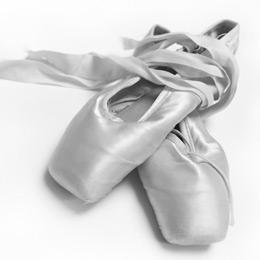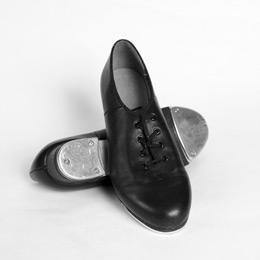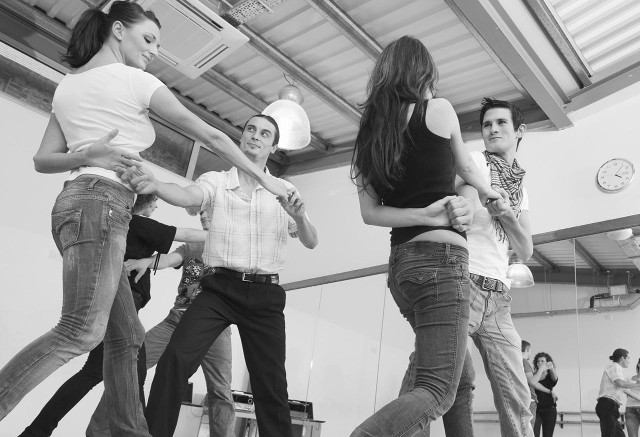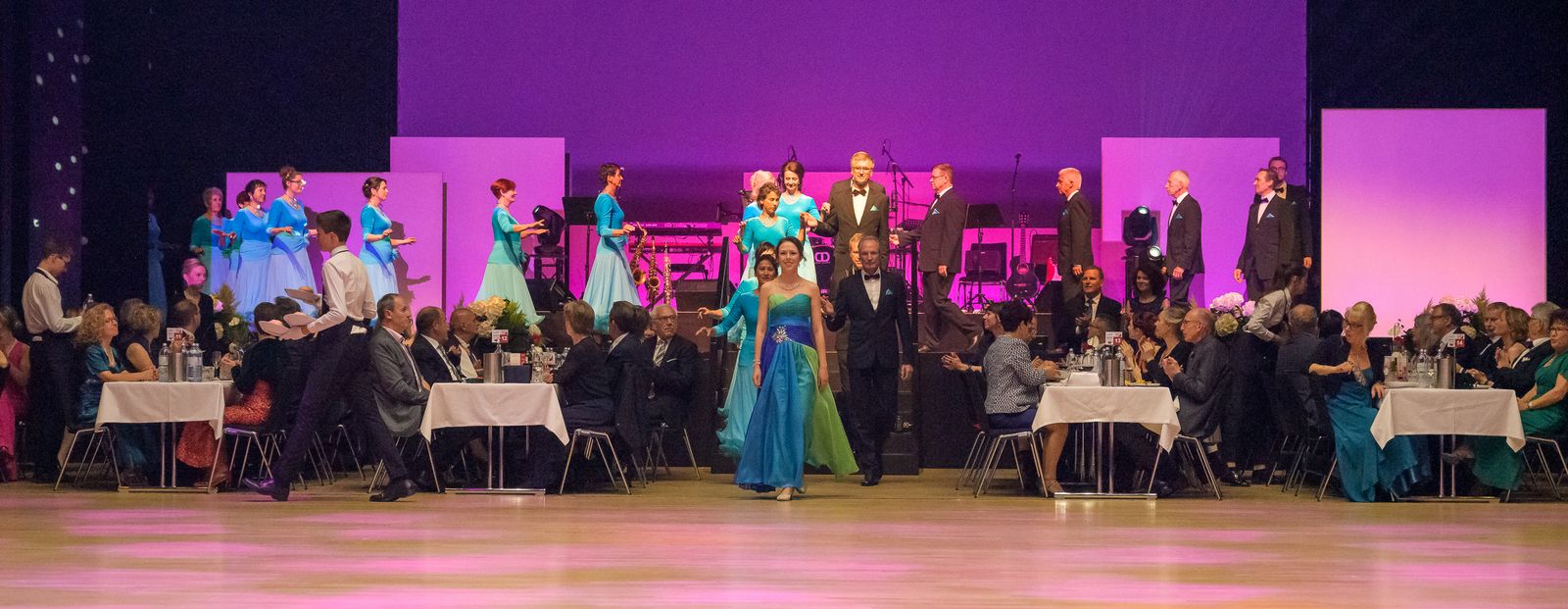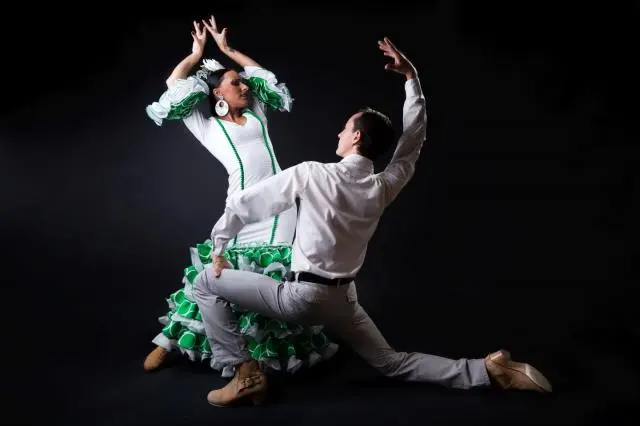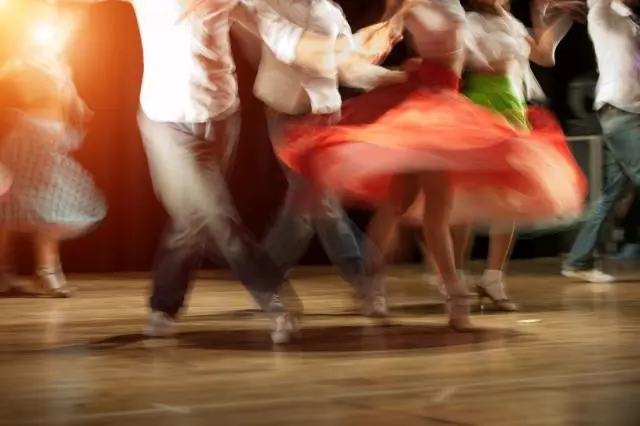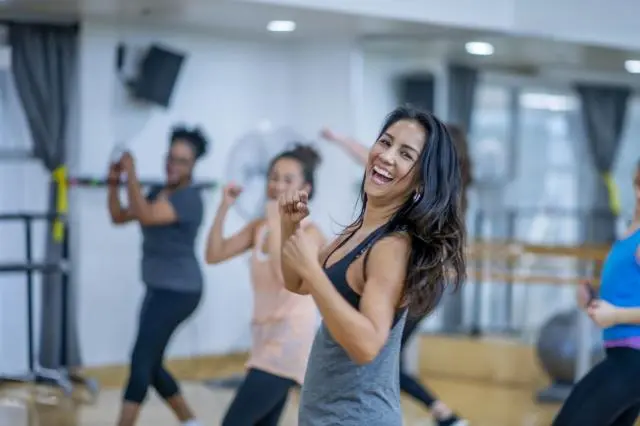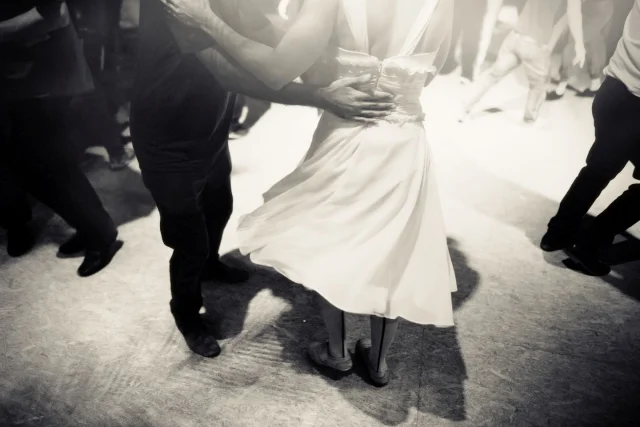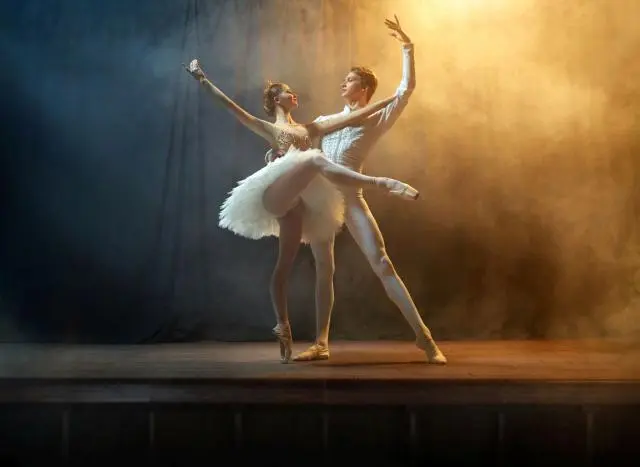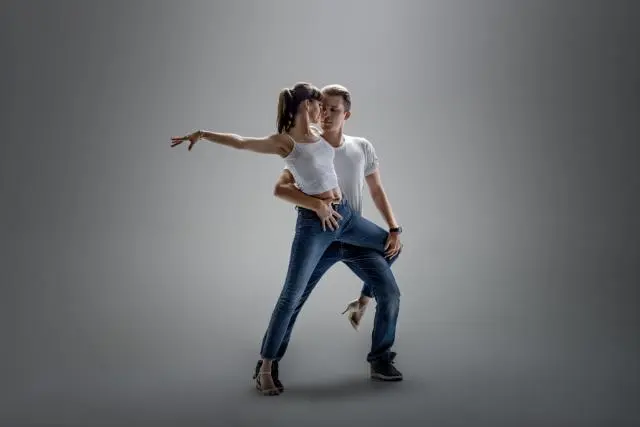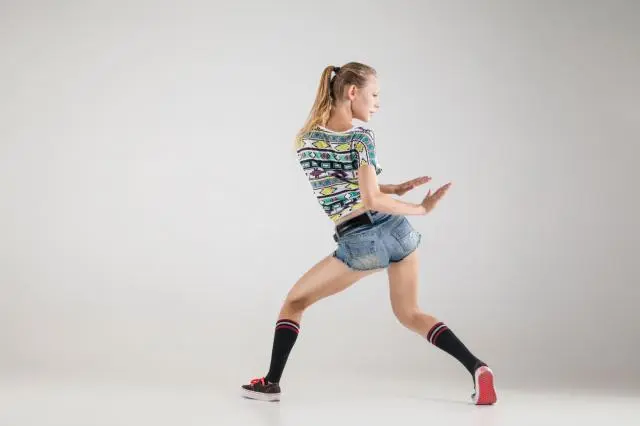
Twerk
Twerk has come a long way with its rhythmic hip and butt movements, evolving from its roots in African and Caribbean dances to a global phenomenon that has taken over music videos, social media, and even mainstream events.
The Origins of Twerk
The foundations of twerking lie in traditional dances like Mapouka and Dutty Wine, known for their energetic and expressive movements. However, twerking gained significant recognition only in the late 20th century. In New Orleans, artists like DJ Jubilee and Big Freedia, pioneers of the Bounce music scene, brought twerking to the forefront with their rapid beats and powerful lyrics. Their music not only made the dance popular in their communities but also laid the groundwork for its global appeal.
Going Viral
Thanks to platforms like YouTube and Vine, the internet boomed with twerking. People shared their moves, and soon everyone was talking about it. Celebrities like Miley Cyrus and Nicki Minaj drew even more attention to twerking with their performances and music videos. Miley's controversial twerk at the 2013 MTV Video Music Awards sparked worldwide discussions and cemented the dance in the spotlight, while Nicki's music videos like "Anaconda" showcased her twerking skills and solidified her status as a modern dance icon.
More Than Just a Dance
Twerking is about more than just moving your butt. It's about feeling your body and expressing yourself freely, regardless of societal norms. It's also about bringing together people who share a love for dance.
Shaking Up the Music World
The influence of twerking on music is undeniable, permeating genres like hip-hop, pop, and EDM. Songs like "Turn Down for What" by DJ Snake and Lil Jon and "Get Low" by Dillon Francis and DJ Snake have become anthems, dominating clubs and dance floors with their infectious beats and catchy rhythms. These tracks, with their high-energy vibes and sometimes explicit lyrics, encourage people to let loose and embrace the twerking spirit.
Redefining Dance and Performance Art
Twerking has revolutionized how we perceive dance and performance art. Traditionally, dance is seen as a refined and disciplined art form. Twerking, with its raw and unapologetic style, challenged these conventions and opened doors for new forms of expression. Various dance styles have been influenced, leading to the emergence of fusion genres like trap dance and twerkography. Dancers seamlessly integrate twerking into their routines, blending it with other techniques and movements. Furthermore, twerking has inspired performance art pieces that explore themes like sexuality, identity, and empowerment.
A Global Dance Trend
Thanks to its viral nature, twerking has spread like wildfire around the world, becoming a dance trend that crosses borders and cultural boundaries. From Brazil to South Korea, classes and workshops are in high demand, attracting people of all ages and backgrounds. Social media challenges and viral dance trends have taken platforms like TikTok and Instagram by storm. Tutorials and online courses are also popular, enabling people to learn and perfect their twerking skills from the comfort of their homes.
Music
Twerk-inspired beats and rhythms have become a staple in many genres, from hip-hop and pop to EDM. Artists like Beyoncé, Cardi B, and Megan Thee Stallion incorporate twerking into their music videos and performances, reinforcing the connection with female empowerment and confidence.
Fashion
The rise of twerking has also influenced fashion trends, with many designers incorporating body-positive styles that celebrate curves and encourage self-expression. From high-waisted leggings and crop tops to form-fitting dresses and bold accessories, fashion has adapted to the movements and spirit of twerking.
Navigating Controversies
Twerking has not been without controversy. Critics argue that the dance objectifies women and perpetuates harmful stereotypes. Some see it as a crude and sexualized form of entertainment. However, proponents emphasize its empowering nature, celebrating its ability to express femininity and individuality. They argue that twerking is not just about sexualization but embracing one's body and celebrating oneself. The cultural significance and its ability to empower individuals are undeniable.
Learning and Connecting
The internet has played a crucial role in the global popularity of twerking. Numerous tutorials and online communities provide valuable resources. Tutorials offer step-by-step guides to mastering dance moves and tips for improving technique and style. Online communities allow twerking enthusiasts to connect with like-minded individuals, share their progress, learn from each other, and foster a sense of camaraderie. These communities provide platforms for dancers to showcase their skills and receive feedback from their peers.
Fitness and Wellness
Beyond its cultural impact, twerking offers potential health benefits. The dance engages various muscle groups in the core, glutes, and thighs, providing a fun and energetic workout. Studies suggest that twerking can improve flexibility, cardiovascular health, and overall fitness.
The Future of Twerk
Twerking is constantly evolving, and it's hard to predict where it will go next. But one thing is certain: it has made a significant mark on pop culture. The influence of twerking on music, dance, fashion, and even social media is undeniable. As long as people want to express themselves and celebrate their bodies, twerking will continue to make waves.
The Final Move
Twerking's journey from a cultural phenomenon to a global dance trend is an amazing story. It's more than just a dance; it's a symbol of empowerment, self-expression, and the power of movement. Twerking has brought people together and challenged the status quo, and it's not done yet. We can't wait to see what the future holds for this electrifying dance!
Is Your Friend a Dance Enthusiast? - We Help You Find the Right Dance Partner
It's not always easy to find the right dance partner. Maybe your partner is an absolute dance grump, or your best friend has two left feet. Dancing with someone you don't like is not very appealing, especially when it comes to sensual dances. Nobody wants to learn such a provocative dance with just anyone. We at Lets-Dance have a simple solution for you.
We help you find your perfect dance partner. We bring together people who see dancing not just as a hobby but as a way of life. Not only do you get to meet new people, but you also learn a new dance style. What you need to do: Create your profile, select which dances you want to learn, state your skill level, and soon we'll show you suitable dance partners in your area with whom you can learn your favorite dance. But that's not all: Our portal also shows you cool dance schools, dance courses, and dance events in your area that match your profile. Sign up today at Lets-Dance.
Frequently Asked Questions
What is Twerk Dance?
Twerking is a dance move that involves rapid hip movements in a low squat position. It originated in the Bounce music scene of New Orleans and has gained worldwide popularity in recent years.
What does "twerk" mean?
The exact origin of the word "twerk" is disputed. Some speculate that it is a variation of "work" or a combination of "twist" and "jerk." Regardless, it describes the specific dance move.
What is the Twerk dance?
The Twerk dance is characterized by rhythmic hip movements and the isolation of the glute and core muscles. It can be performed alone or with a partner.
What does "twerk" mean in slang?
In slang, "twerk" specifically refers to the dance move itself. However, it can also be used more generally to describe any action involving rapid shaking or vibration.
What happens if you twerk every day?
Regular twerking can offer various benefits, such as improved core strength, flexibility, and cardiovascular health. However, any exercise practiced regularly should be done with proper form and awareness to avoid injuries.
What is Twerk Juice?
"Twerk Juice" is not a real substance. It is a colloquial term sometimes humorously used to describe the sweat generated while twerking.
What is Twerk Music?
Twerk music typically refers to genres with fast tempos and prominent bass lines, such as Bounce, Hip-Hop, and some forms of electronic dance music. These rhythms often encourage and complement the movements in twerking.
What is Twerk Pong?
Twerk Pong is a variation of Beer Pong where players must successfully twerk before attempting to throw a ball into their opponent's cup. It's important to note that this is an informal and potentially risky activity. Proceed with caution and prioritize safety.
Which country invented twerking?
While the term "twerk" emerged in the 1990s in the Bounce music scene of New Orleans, the dance itself has roots in various African dance traditions, particularly among Bantu-speaking communities in Central Africa. It would not be entirely accurate to attribute its invention to a single country, as it reflects a broader cultural heritage.
What does twerking do to your body?
Regular twerking can offer various physical benefits, including:
- Improved core strength: The rapid hip movements engage the core muscles, leading to better stability and support.
- Increased flexibility: The range of motion in twerking can improve flexibility in the hips, glutes, and lower back.
- Enhanced cardiovascular health: Twerking can be a surprisingly good cardio workout, increasing your heart rate and promoting better circulation. However, it is crucial to listen to your body and avoid overexertion to prevent injuries.
How to twerk?
Twerking, involving rhythmic hip and glute movements, can be a fun way to express yourself through dance. Start slowly, with proper warm-up and comfortable clothing. Stand with feet shoulder-width apart, knees slightly bent, and core engaged. Isolate your hips for controlled thrusts, lateral movements, or circular motions, and let your upper body move naturally with the music. Remember, there's no one "right" way, so explore and have fun!
How to twerk easily?
Learn the basic twerk moves, perfect for beginners. Get
ready to hit the dance floor with confidence!
How to twerk in a circle?
Master the iconic circular hip motion by simplifying the steps and adding your own flair. (Learn more about dance classes near you at Lets-Dance!)
How to twerk and spin?
Combine the hip isolations of twerking with a twist of your upper body for a dynamic and expressive dance move. (Find a local dance partner or instructor on Lets-Dance!)
How to twerk and engage the waist?
Unleash your inner dancer by incorporating the rhythmic waist movement into your twerking routine. (Discover dance schools offering various styles on Lets-Dance!)
How to strengthen the lower back?
Twerking primarily engages the hips and core muscles. If you're new to dancing, focus on proper technique and consult a dance instructor to avoid straining your lower back. (Lets-Dance connects you with qualified dance professionals!)
How to twerk and whine?
"Whining" typically refers to a specific hip and waist movement that complements twerking. Look for online tutorials or join a dance class to learn the technique safely and effectively. (Lets-Dance can help you find the perfect dance learning experience!)
How to twerk with Gekko Valorant?
This playful guide explores a humorous glitch in the game Valorant, where the character Gekko appears to "twerk" under certain conditions. Although it's not an official dance move, it can add a lighthearted touch to your gameplay.
How to twerk to lyrics?
Twerk music often features suggestive lyrics that celebrate sensuality and confidence. Explore the genre and find popular artists who incorporate twerking themes into their songs. It's important to note that twerking is primarily a dance move, not a specific song style. While some songs may feature twerking-inspired lyrics, it's more relevant to focus on the dance itself.
How to learn twerk dance?
Whether you're a beginner or want to refine your skills, this guide provides a comprehensive introduction to learning twerking. Discover basic techniques, explore variations, and find resources for further learning.
How to do twerk dance?
Master the basics of twerking! The above guide breaks down essential movements, including hip isolations, footwork, and posture. Learn the fundamental steps and build your confidence on the dance floor.
How to learn twerk dance?
Learning twerking requires practice and proper technique. This guide describes various methods for mastering this dance, including online resources, classes, and community engagement.
How many calories does twerking burn?
Twerking can help you burn approximately 400–500 calories in an hour, but the exact amount depends on how you twerk – your style, speed, and how active you are during the session.
Why is twerking popular?
The popularity of twerking lies in its energetic and expressive nature, allowing people to showcase their confidence and creativity. Its visibility in popular culture and its evolution within various dance styles also contribute to its widespread appeal.
Why do women twerk?
While twerking is not limited to any gender, explore the historical and cultural contexts that have shaped the connection between twerking and women's self-expression and empowerment.
Can anyone twerk?
Absolutely! Twerking is a dance style that can be enjoyed by people of all genders, ages, and fitness levels. It's about expressing yourself through movement and having fun.
Can men twerk?
Of course! While twerking is often associated with women, anyone can learn and enjoy this energetic dance move.
Can you twerk in a split?
Yes, twerking can be integrated into various dance styles and positions, including splits.
Can you twerk?
The question is not "Can you twerk?" but "How well do you want to twerk?" Whether you're a beginner or want to refine your moves, Lets-Dance can help you find dance classes and partners to unleash your inner twerker!
Twerk songs?
Twerking often appears in energetic music genres like hip-hop, pop, and dancehall. Explore our website to find dance classes that match your favorite twerk-worthy music.
How to twerk and twist in different ways?
Learning twerking involves mastering basic hip and core movements. Lets-Dance connects you with experienced trainers who can guide you through the various techniques and variations.
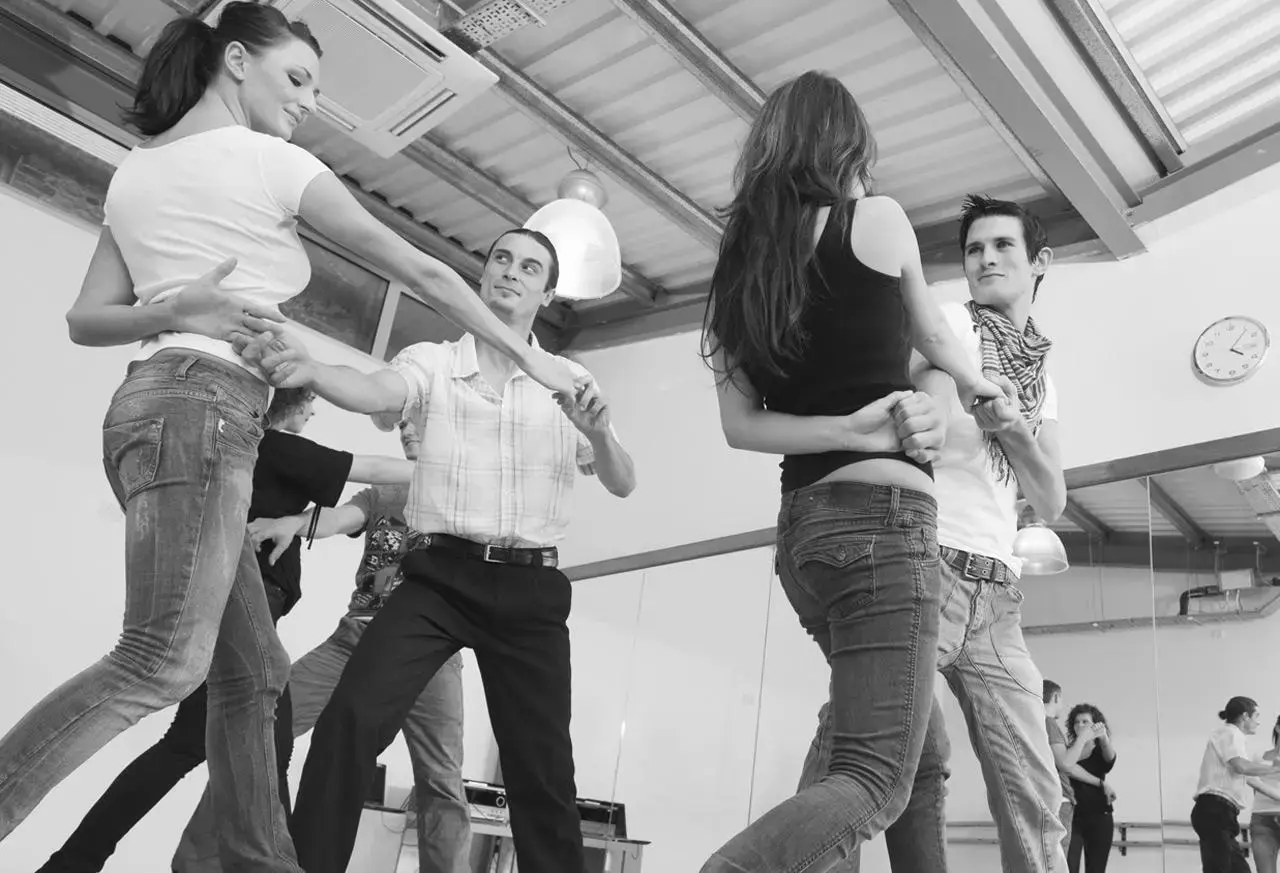
Dance partners
Create your dance profile on Lets-Dance
Dancewear, shoes & accessories
Discover dance schools
Register your dance school
Popular blog posts about dancing
Dance styles in your city
Top cities for finding a dance partner
